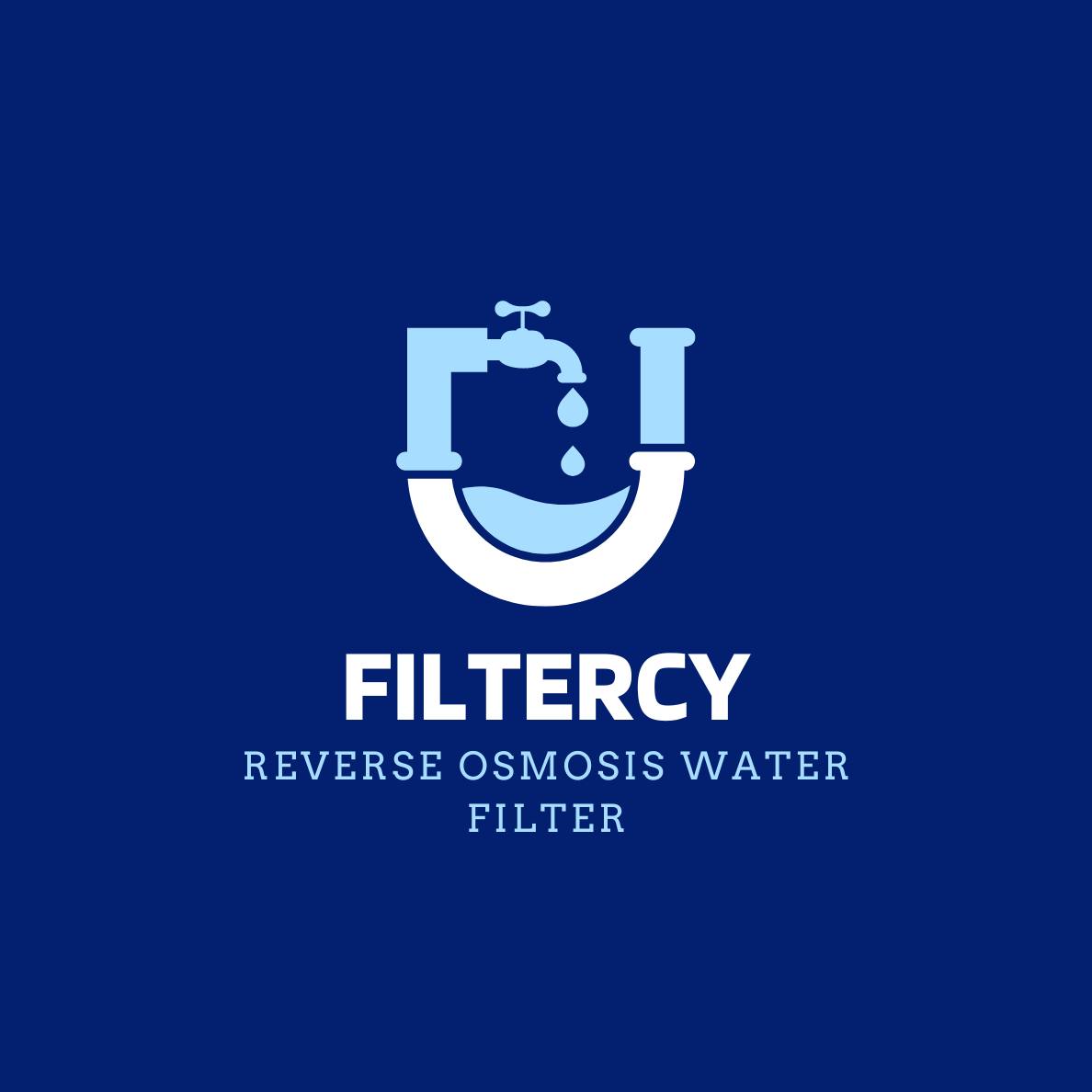
Thank you for your interest in our company!
Fill the form and we will contact you as soon as possible
You agree to our Data privacy

The Impact of Water Softeners on Health and Drinking Water Quality
Using water softeners has a positive effect on health, particularly in terms of drinking water quality. Hard water, which contains high levels of calcium and magnesium, not only leaves limescale on appliances and plumbing but can also impact the body when consumed. While calcium and magnesium are important for health, excessive amounts in water can put a strain on the body, especially for those with sensitive digestive systems, kidney issues, or other medical conditions. Water softeners help reduce these minerals, enhancing the quality of drinking water.
One of the main benefits of using a water softener is the improved taste of the water. When minerals that cause hardness are removed or reduced, the water becomes softer and more pleasant to drink. This is especially beneficial for those who prefer drinking water directly without additional filtration or boiling. Softened water also reduces the risk of mineral deposits in the body, which may be helpful for individuals prone to kidney stones or other issues associated with high mineral content in water.
Additionally, softened water is gentler on skin and hair, which has an indirect impact on health. Soft water does not dry out the skin, cause irritation, or leave hair feeling rough or tangled, making it particularly beneficial for people with sensitive skin or allergies, as hard water often causes dryness and itching.
Some water softening systems, such as reverse osmosis, provide additional filtration to remove other contaminants like chlorine, heavy metals, and bacteria, making the water safer for drinking. These systems work through multi-stage filtration, allowing not only for water softening but also for improved overall purity. This can be particularly helpful in areas with high levels of water pollution or for individuals with weakened immune systems, who especially need clean water.
It’s important to note, however, that salt-based softeners introduce a small amount of sodium into the water as they replace calcium and magnesium ions. For individuals on a low-sodium diet, this may be a consideration, though sodium levels are usually minimal. To minimize this effect, reverse osmosis systems can be used after softening to remove any remaining sodium ions, making the water safe for those with specific dietary requirements.
In conclusion, a water softener can significantly enhance the quality of drinking water, making it softer, better-tasting, and safer for health.
One of the main benefits of using a water softener is the improved taste of the water. When minerals that cause hardness are removed or reduced, the water becomes softer and more pleasant to drink. This is especially beneficial for those who prefer drinking water directly without additional filtration or boiling. Softened water also reduces the risk of mineral deposits in the body, which may be helpful for individuals prone to kidney stones or other issues associated with high mineral content in water.
Additionally, softened water is gentler on skin and hair, which has an indirect impact on health. Soft water does not dry out the skin, cause irritation, or leave hair feeling rough or tangled, making it particularly beneficial for people with sensitive skin or allergies, as hard water often causes dryness and itching.
Some water softening systems, such as reverse osmosis, provide additional filtration to remove other contaminants like chlorine, heavy metals, and bacteria, making the water safer for drinking. These systems work through multi-stage filtration, allowing not only for water softening but also for improved overall purity. This can be particularly helpful in areas with high levels of water pollution or for individuals with weakened immune systems, who especially need clean water.
It’s important to note, however, that salt-based softeners introduce a small amount of sodium into the water as they replace calcium and magnesium ions. For individuals on a low-sodium diet, this may be a consideration, though sodium levels are usually minimal. To minimize this effect, reverse osmosis systems can be used after softening to remove any remaining sodium ions, making the water safe for those with specific dietary requirements.
In conclusion, a water softener can significantly enhance the quality of drinking water, making it softer, better-tasting, and safer for health.
| | Beauty starts with water Discover the many benefits of soft water and pamper yourself every day You agree to our Data privacy |

